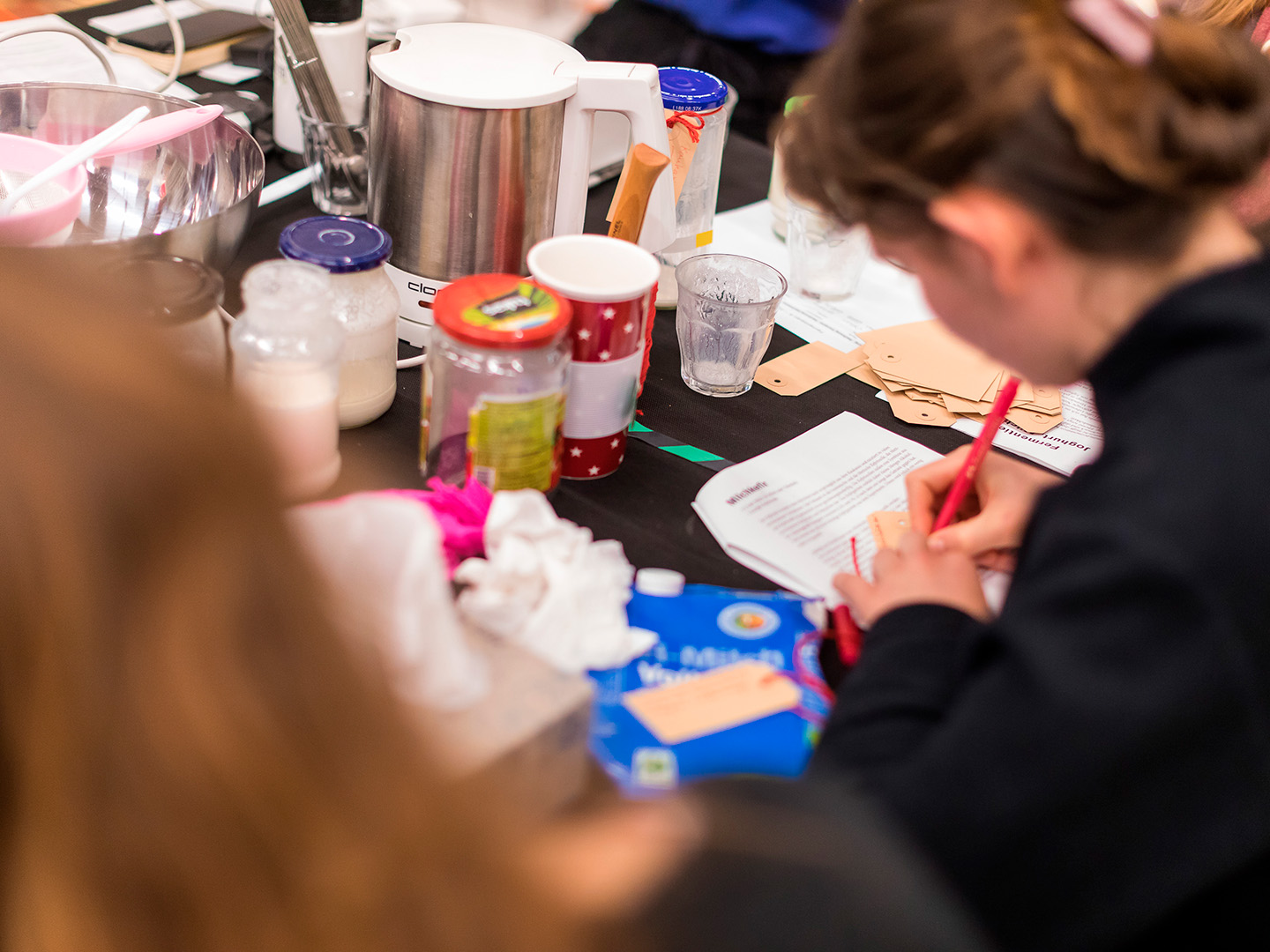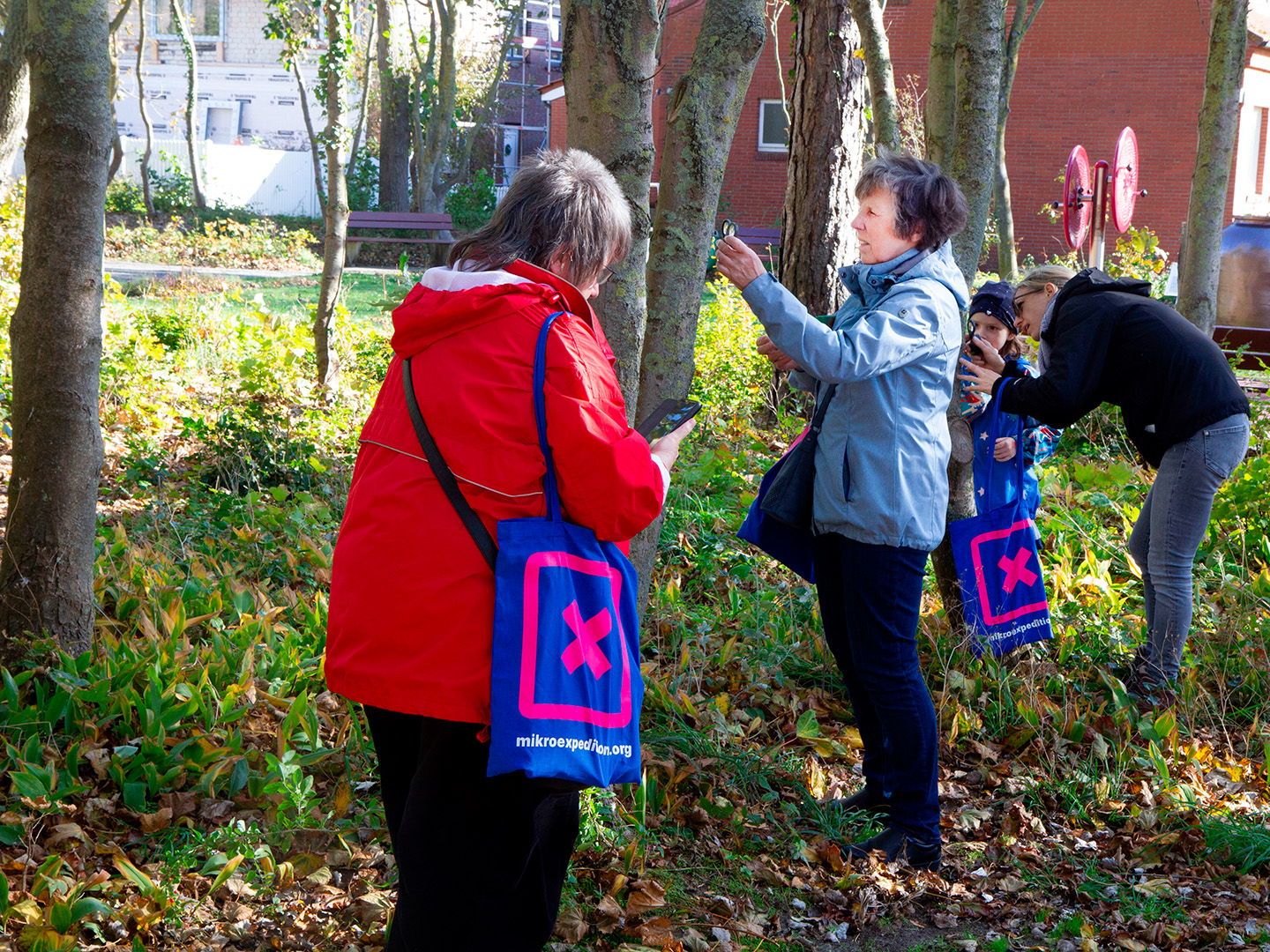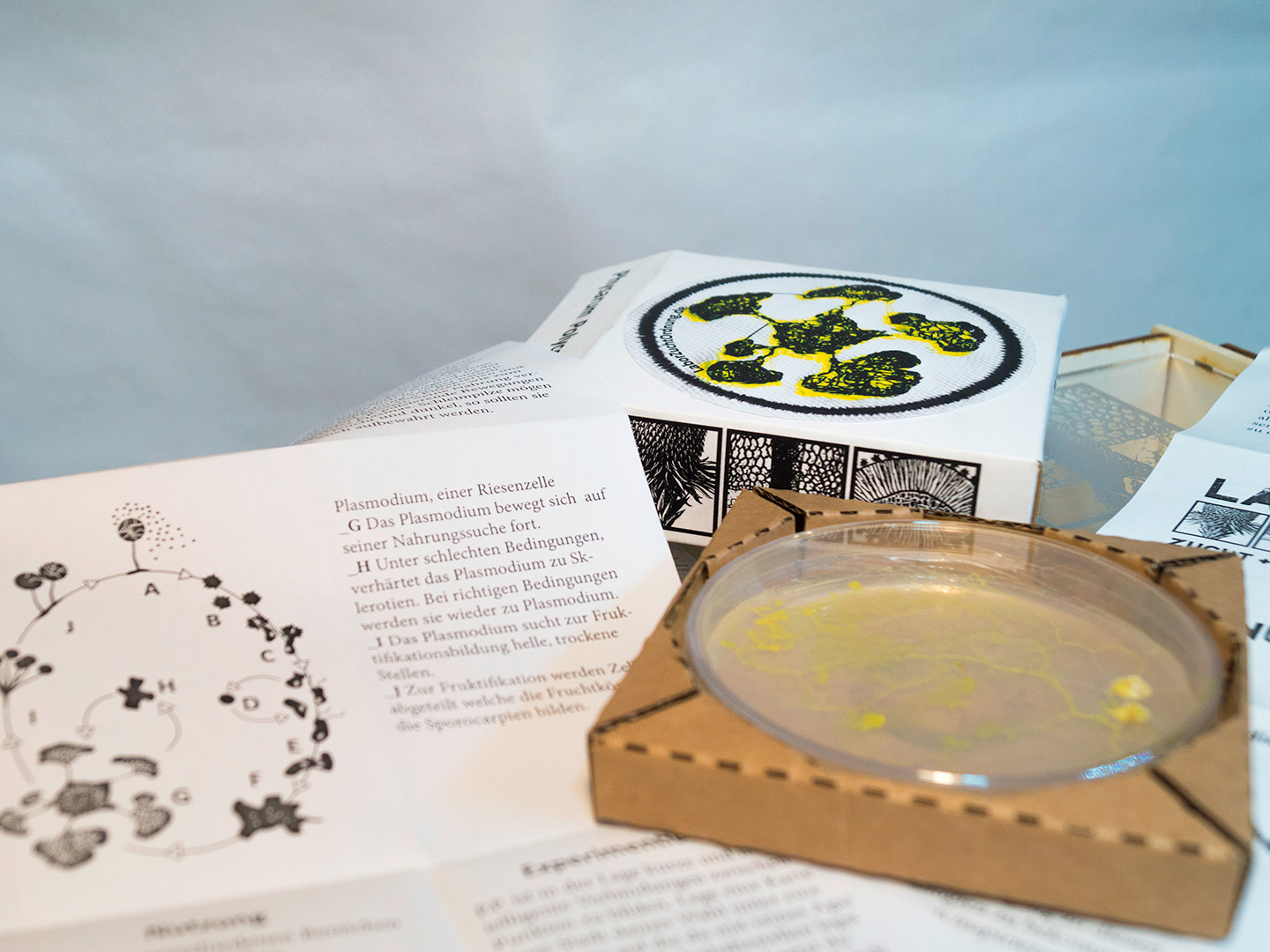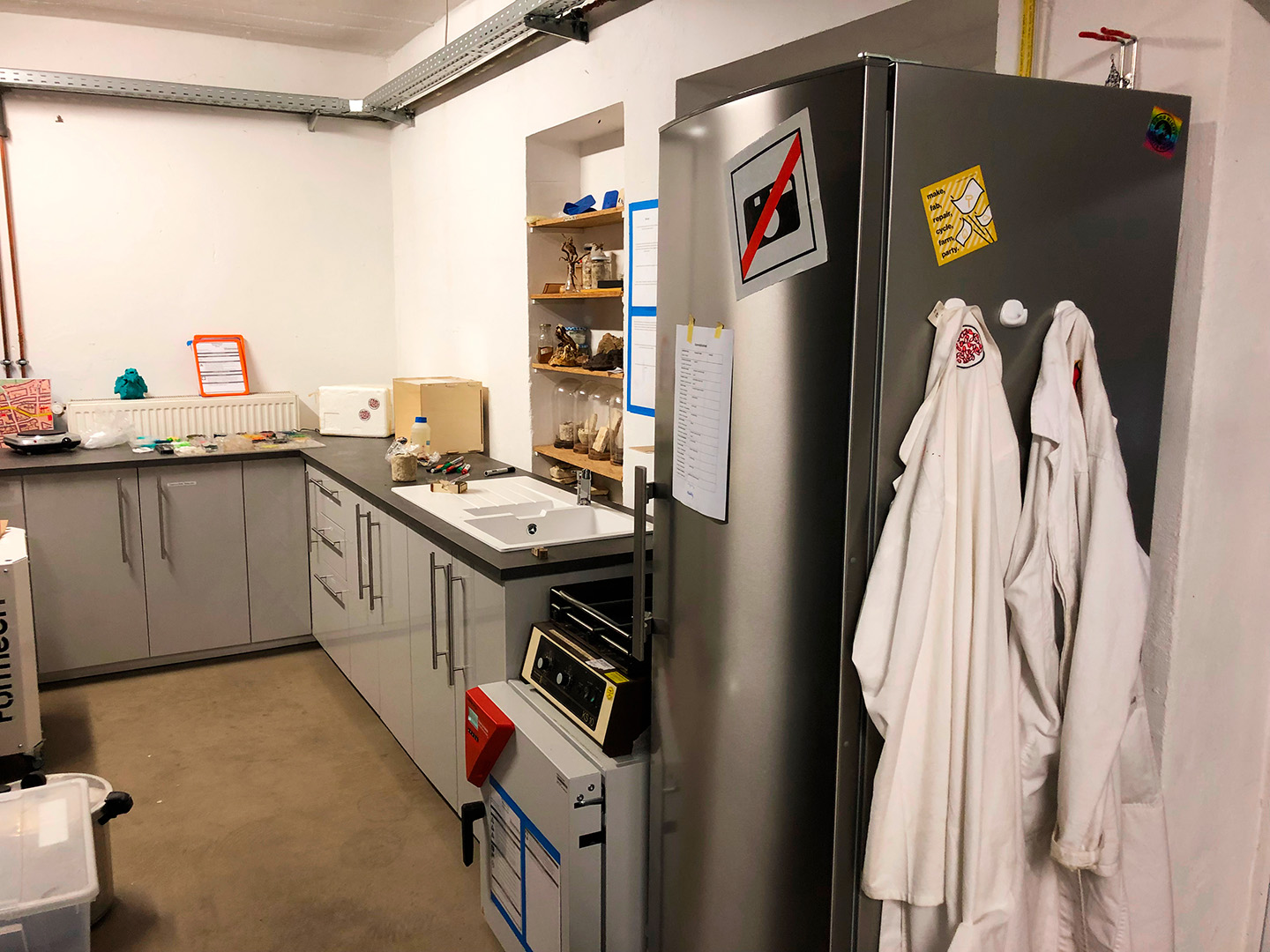Inter- and transdisciplinary cooperation at the interface of participation and design
Fraunhofer UMSICHT sees participatory science communication as an important component of responsible science. The understanding of scientific working methods on the one hand and the awareness of the questions and needs of society on the other hand are fundamental for a dialog with society in the sense of democratic coexistence. Therefore, we rely on participatory methods and inter- and transdisciplinary collaboration with designers in the development of dialog formats.
Fraunhofer UMSICHT has been engaged in participatory science communication since 2013. The goal: to promote direct exchange between society and science in the sense of experience-based learning. We create space for active participation in discourses on new technologies and developments. Through a low-threshold approach, we arouse curiosity in order to facilitate an exchange at eye level after a deeper dive into the topic. Personal questions and a critical examination of the content are explicitly encouraged.
In the meantime, we have developed and tested various formats that play on different levels of participation and, according to our experience, can be used well in combination. For conceptualization and implementation we use design methods (design thinking, models, prototyping,..) and often work closely with designers and artists. They can create spaces of experience, translate between disciplines and society, enable new approaches with aesthetics and simplify complex content through models. This enables references to the own life reality of the involved target groups and facilitates the access to complex topics.
Formats of participatory science communication | Reference projects | Places of participatory science communication | Project partners
 Fraunhofer Institute for Environmental, Safety and Energy Technology UMSICHT
Fraunhofer Institute for Environmental, Safety and Energy Technology UMSICHT







